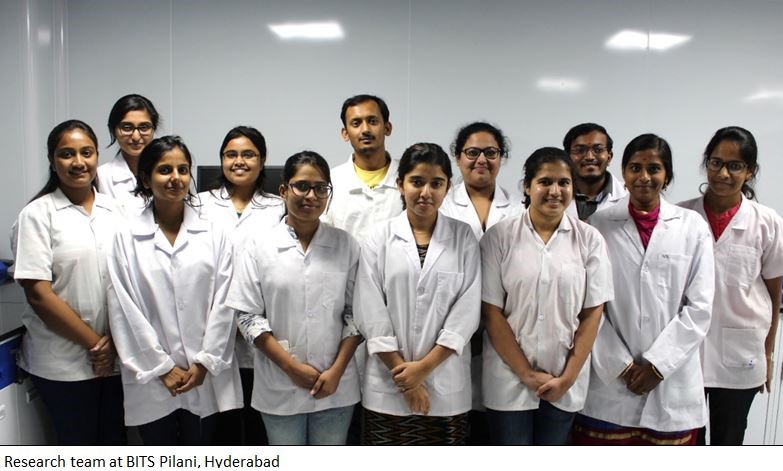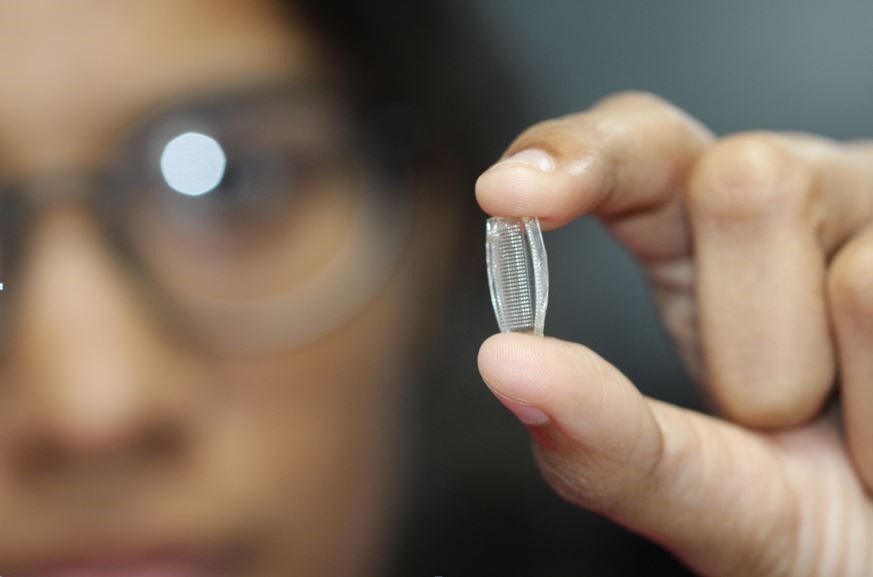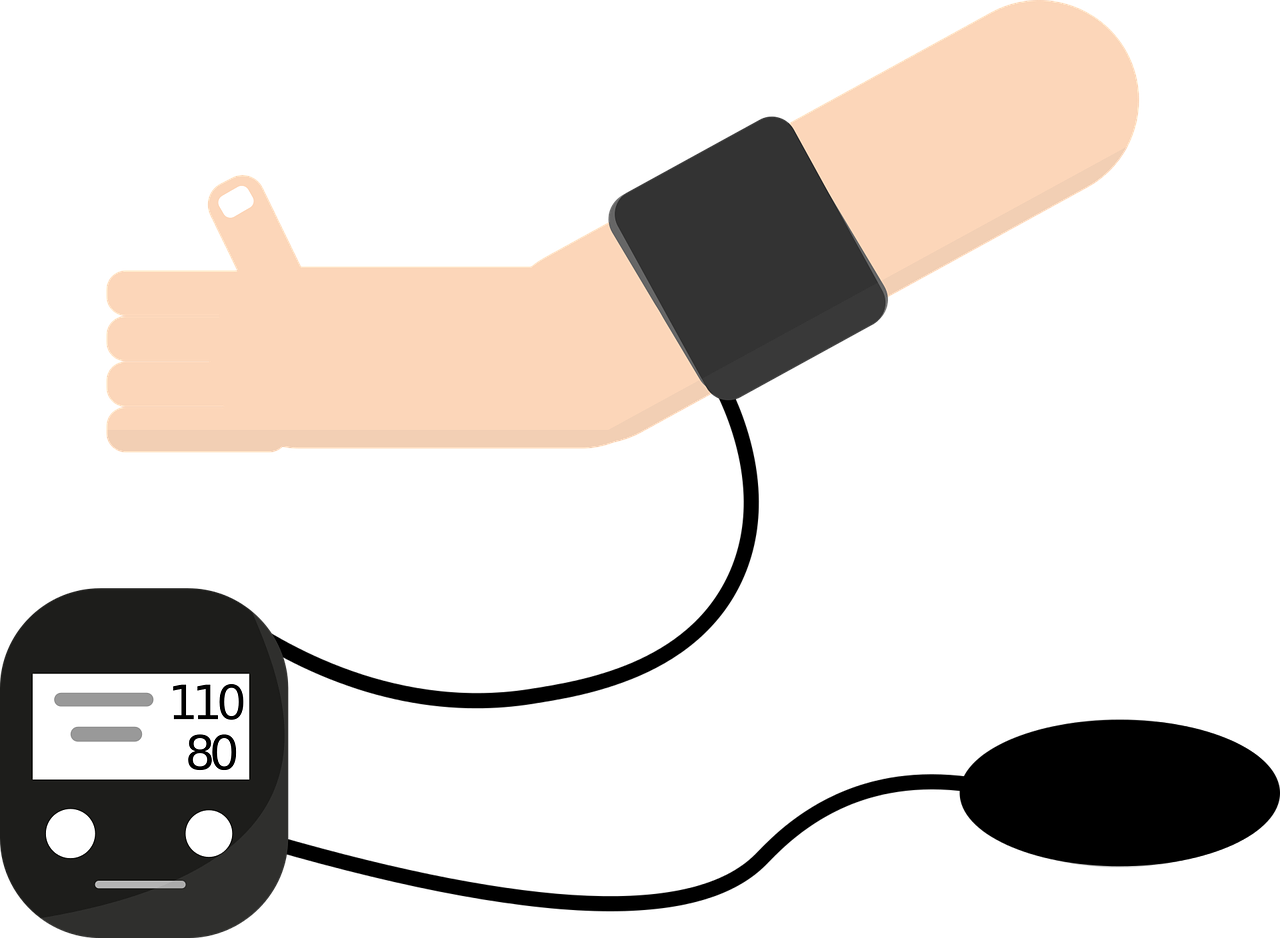For kids who hate needle pricks, there may be another option in the offing. Scientists at Hyderabad campus of Birla Institute of Technology and Science (BITS) Pilani have developed a microneedle patch for drug delivery using a biopolymer, zein.

Zein is actually a protein found in corn and has been used in the manufacture of biodegradable plastics, fibres, adhesives, coatings, inks, cosmetics, textiles, and chewing gum, and is considered safe for pharmaceutical applications.
The new device, according to the researchers, would result in improved stability of antigen after coating on to zein microneedles. The research team used micro moulding, a fabrication technique used for replicating microstructures to cast cone-shaped zein microneedles. Microneedles, unlike a syringe needle, do not cause many injuries as they need a minimal invasion of the skin.
Vaccines are usually inactive or weakened antigens which cannot cause infection but induce an immune response by producing antibodies. For immunization, a model antigen Ovalbumin was loaded on zein microneedles and it was inserted into the skin of the mouse. Later researchers examined the tissues samples and found a significant antibody response against the antigen.
Microneedle patch technology could offer economic and manufacturing advantages. Such a patch can reduce the cost of vaccination since self-administration can eliminate the need for health workers for vaccination. The new patch has been found stable after storage under ambient and refrigerator conditions and can be easily packaged for transportation.
“We have designed more studies in order to confirm if the requirement of cold storage for vaccine products could be avoided, even while we can significantly improve the people perception about taking painful vaccine injections,” Dr Venkata Vamsi Krishna, team leader, told India Science Wire.
Researchers expect their work could result in the development of new mechanisms to address significant problems associated with drug delivery including cancer targeting.
Recently the team has tested the microneedle system for the delivery of a chemotherapeutic agent to treat breast cancer. The focus of this study published in AAPS PharmSciTech Journal was to examine the impact of physicochemical properties of chemotherapeutic agents in their loading, release behaviour, and skin permeation using microneedles.
“We are currently performing in-vivo animal testing of microneedle devices for their potential to effectively administer the combination of drugs into a breast tumour with minimal invasion. Only after the results of animal testing which could take 4-5 months, we could present microneedle devices as an important alternative to currently used injectable formulations” said Dr Vamsi.
The research group is currently focused on improving localized delivery of therapeutics while administering drugs through the skin or corneal membrane. Their broader goal is to find ways and develop suitable mechanisms and devices to limit the exposures of therapeutics to unwanted sites and limit them to the disease-specific site.
The research team included Dr Venkata Vamsi Krishna Venuganti, Shubhmita Bhatnagar, Sumeet Rajesh Chawla, Onkar Prakash Kulkarni, Pooja Kumari and Srijanaki Paravastu Pattarabhiran. The work funded by BITS Pilani and the Department of Science and Technology (DST) under its Fund for Improvement of S&T Infrastructure (FIST). (India Science Wire)
For the latest Science, Tech news and conversations, follow Research Stash on Twitter, Facebook, and subscribe to our YouTube channel



